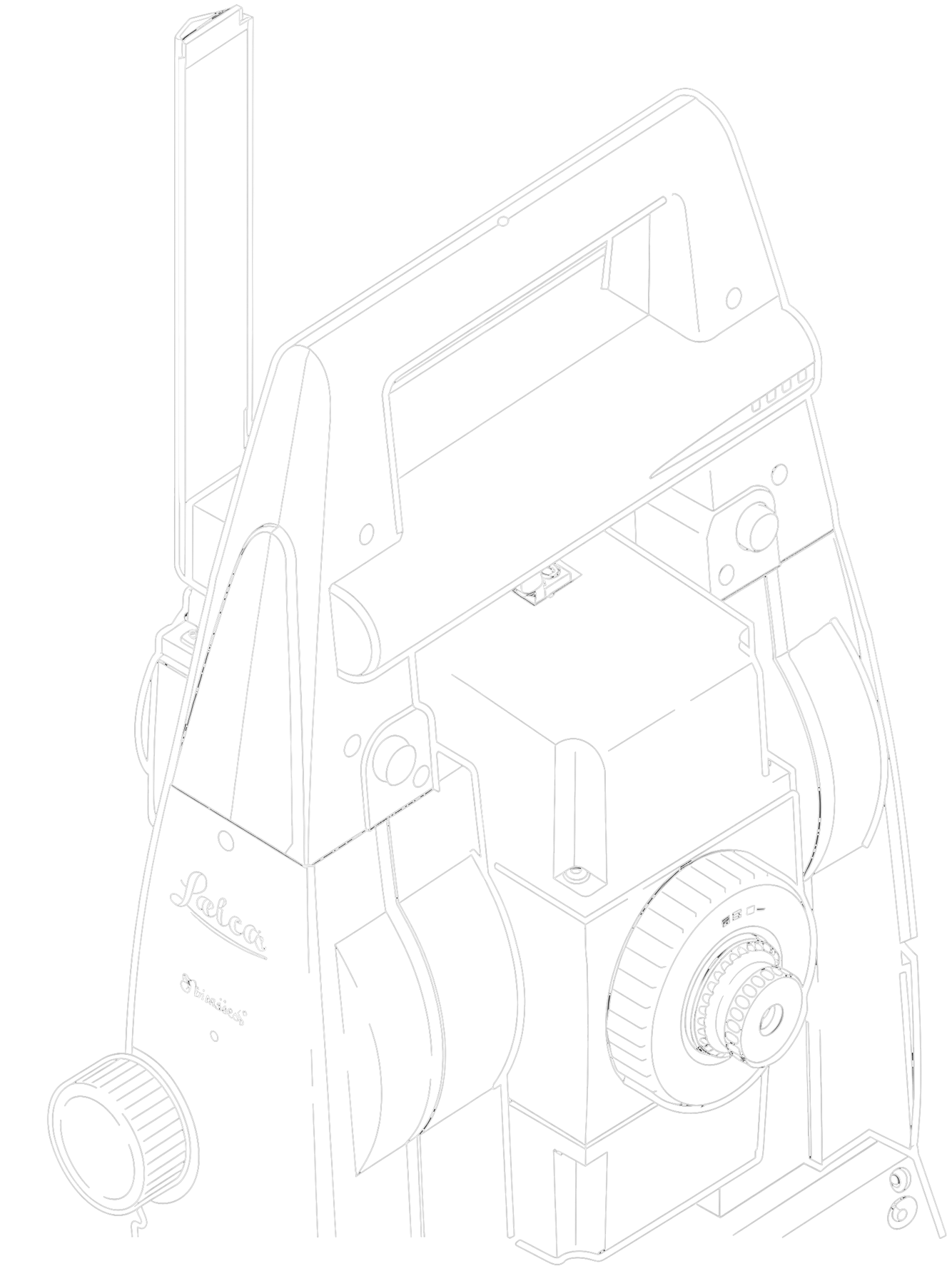A Sophisticated Surveying Instrument
By Monty
The Robotic Total Station

The robotic total station is a sophisticated surveying instrument which has revolutionised the way survey work is conducted. Combining the traditional total station with robotic technology, it offers advantages that have significantly improved the efficiency and accuracy of surveying tasks.

Increased Productivity
One of the most significant advantages of using a robotic total station is the substantial increase in productivity it offers. With a traditional total station, the surveyor requires an assistant to hold the reflector and align it with the instrument. Robotic total stations, however, eliminate the need for a second person as they can be operated remotely, allowing a single surveyor to complete tasks that previously required a team.
Enhanced Accuracy
Robotic total stations are equipped with advanced tracking and measuring technology which can automatically track and follow the survey target (prism) with remarkable precision. This ensures that measurements are consistently accurate, reducing errors and eliminating the risk of misalignment associated with manual aiming.
Time Savings:
With the automation of tracking and measurements, surveys can be completed more quickly. This not only saves time for the surveyor but also minimises disruptions to the surrounding environment. Projects can be completed faster, leading to cost savings and improved project timelines.
Improved Safety
Since a robotic total station can be operated from a safe distance, surveyors are less exposed to hazardous conditions. This is especially beneficial when working in challenging terrains, construction sites, or areas with traffic, and the reduced physical strain on surveyors can also contribute to improved safety.
Data Integration
Robotic total stations often come equipped with data management and integration capabilities. They can seamlessly exchange survey data with computer software, making it easier to process, analyse, and share information, streamlining workflow and enhancing the quality of deliverables.
Remote Operation
Modern robotic total stations can be controlled remotely via tablet or smartphone. This allows surveyors to operate the instrument from a comfortable location, providing better visibility of the survey site and reducing the need to constantly move around.
Versatility
Robotic total stations are versatile tools suitable for a wide range of surveying applications, including land surveying, construction setting out, topographic mapping, and more. Their adaptability makes them invaluable assets for professionals across various industries.
Environmental Benefits
By reducing the need for multiple site visits and minimising errors, robotic total stations contribute to resource conservation and sustainability. Fewer revisits and adjustments means less fuel consumption and reduced environmental impact.
The adoption of robotic total stations has greatly improved the efficiency, accuracy, and safety of survey work. These instruments offer numerous advantages, from increased productivity to enhanced data integration, making them indispensable tools for modern surveying professionals. As technology continues to advance, we can expect even more innovations in the field of surveying, further improving the way we gather and utilise geospatial data.
